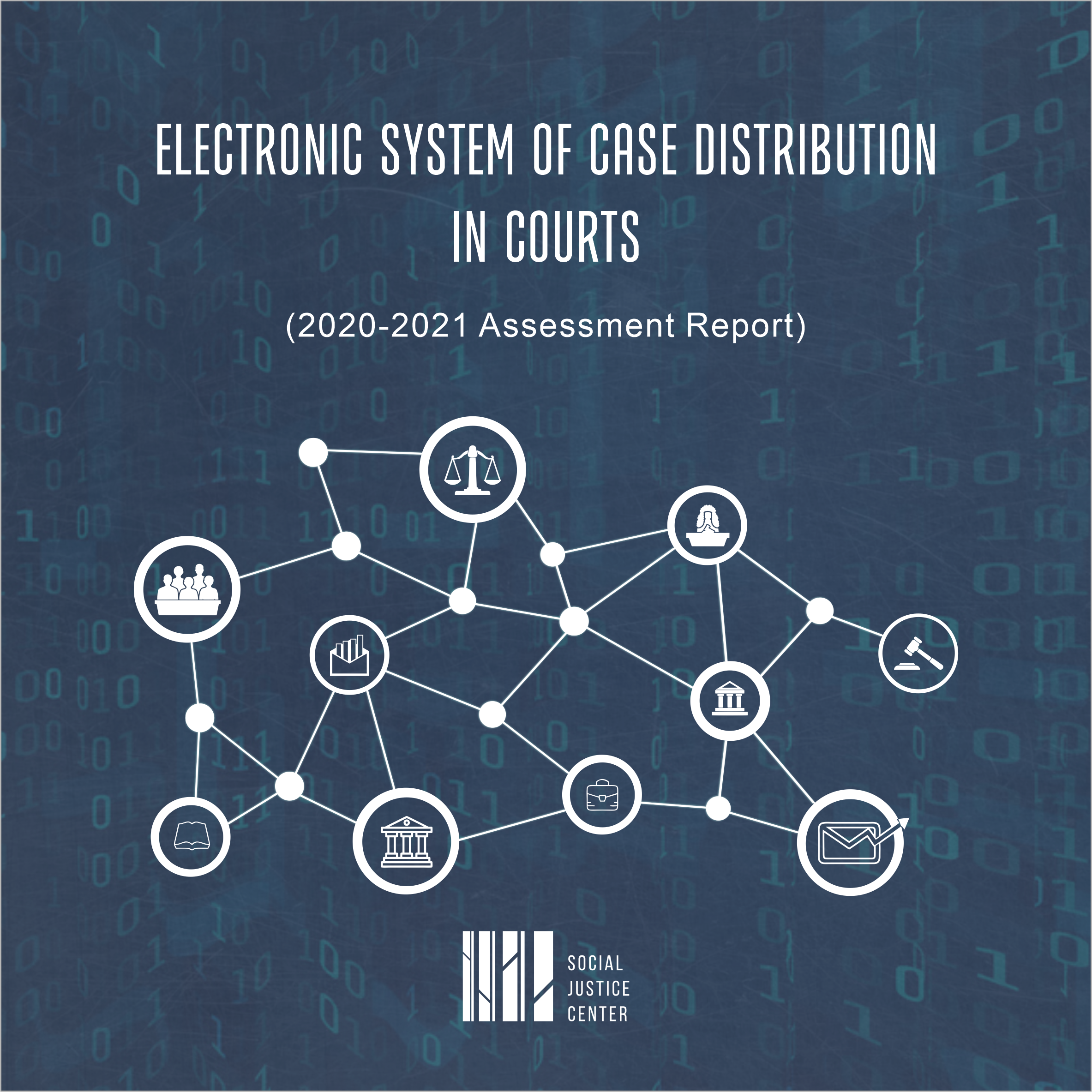საერთო ცხელი ხაზი +995 577 07 05 63


Adopting a new electronic system for automatic distribution of cases in the common courts was one of the essential positive innovations introduced as part of the “third wave” of judicial reform. It was supposed to improve the impartiality of the judicial review, protect the litigation from external interference, and ensure timely and effective administration of justice. However, as monitoring of 2020-2021 period showed, despite the existence of a number of flaws and ambiguities, the improvement of the system is no longer a priority neither for the Parliament of Georgia nor for the High Council of Justice. Therefore, there is no substantive and systematic vision in this regard.
Existing shortcomings in the electronic case distribution system hinders the full achievement of the goals set by the system introduction, jeopardizes the independence of individual judges, and impedes access to impartial and well-functioning justice system. Moreover, closeness of the judicial system and limited access to public information substantially complicates the effective monitoring of the functioning of the case distribution process.
The present document is the third monitoring report. It critically analyzes legislative changes introduced in the rule on electronic system of case distribution, updated statistics, and the remaining challenges concerning the system from January 1, 2020, to December 31, 2021. The report also reviews the shortcomings of the electronic case distribution that were identified during previous reporting periods but no further steps were taken to eliminate them. Accordingly, the main findings revealed as a result of monitoring process include the following issues:
This document has been prepared in the framework of the project "Support the independent and fair judiciary" which is implemented by Social Justice Center with the financial support of the Embassy of the Kingdom of the Netherlands. The contents of this report are the sole responsibility of Social Justice Center. The information and assessments provided in the document do not necessarily reflect the views of the Embassy of the Kingdom of the Netherlands in Georgia.
The website accessibility instruction